
CHEERS TO 2025!
As we bid farewell to another year and embrace the fresh start of a new one, many of us find ourselves contemplating resolutions. Whether...
Read more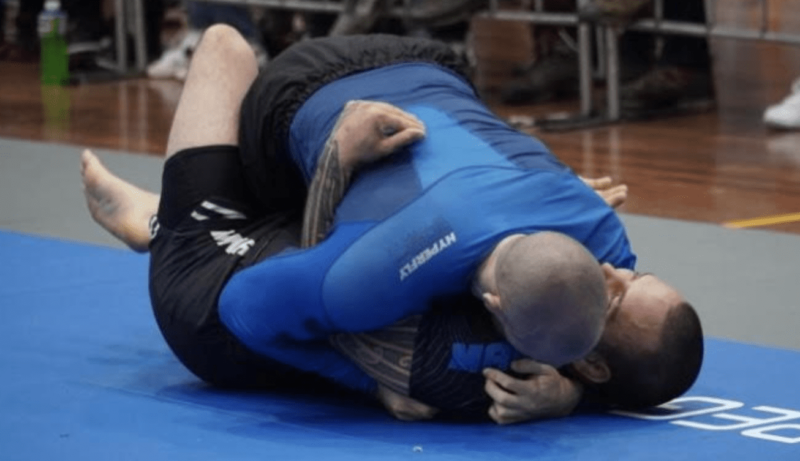
Brazilian Jiu-Jitsu is a martial art and combat sport that focuses on grappling and ground fighting. BJJ emphasises technique, leverage, and positional control to enable a smaller, weaker individual to defend themselves against a larger, stronger opponent.
This sport focuses on gaining positional dominance and control of an opponent. Once positional dominance is achieved, the aim is to work towards techniques known as submissions. These are techniques designed to force an opponent to submit or “tap out” by applying pressure to joints (joint locks) or restricting blood flow or airflow (chokes).
Training Brazilian Jiu-Jitsu offers a wide range of physical, mental, and social benefits for people. Here are some of the key benefits:
BJJ is a full-body workout that improves cardiovascular health, muscular strength, endurance, flexibility, and overall physical conditioning. It helps to develop functional strength and mobility through various grappling techniques and drills.
Regular BJJ training can help with weight loss or weight maintenance by burning calories, increasing metabolism, and promoting lean muscle growth all while participating in an interesting and engaging activity.
BJJ teaches practical self-defence techniques that can be applied in real-life situations. Learning how to control opponents, escape dangerous positions, and submit attackers can boost confidence and provide a greater sense of personal security.
Engaging in physical activity such as BJJ releases endorphins, which are natural mood lifters. The focus required during training can also help individuals temporarily escape from daily stressors, leading to improved mental well-being and relaxation.
BJJ training challenges individuals both physically and mentally, promoting resilience, discipline, and perseverance. Overcoming obstacles on the mat builds mental toughness that can translate to other areas of life, such as work or personal relationships.
BJJ is often compared to human chess due to its strategic nature. Practitioners must think critically, anticipate opponents' moves, and adapt their strategies accordingly. This fosters improved problem-solving skills and enhances cognitive function.
BJJ academies provide a supportive and inclusive community where individuals of all backgrounds come together to train and learn. Building friendships with teammates and sharing experiences on the mat can create a sense of camaraderie and belonging.
BJJ is a lifelong journey of learning and self-improvement. There is always something new to discover, whether it's mastering a new technique, refining existing skills, or exploring different aspects of the art.
Starting out training can be very exciting when you find an activity that you get a lot of enjoyment from. This can lead to training much more frequently than your body is accustomed to. When beginning training in a sport such as this, a good weekly training volume would be 2x a week and progressively working up to a third if your schedule and body will allow for it.

For Brazilian Jiu-Jitsu competitors and hobbyists, especially those who are training intensely and competing frequently, prioritising recovery is crucial to prevent injuries, maintain performance, and sustain long-term progress. Here are some key recovery considerations for BJJ athletes off the mats:
Proper Nutrition:
Ensure you're consuming enough calories and nutrients to support your training demands and facilitate recovery. Focus on a balanced diet rich in lean proteins, complex carbohydrates, healthy fats, vitamins, and minerals.
Hydration:
Stay hydrated throughout the day, especially before, during, and after training sessions. Proper hydration is essential for optimal performance and recovery.
Rest and Sleep:
Aim for 7-9 hours of quality sleep each night. Sleep is critical for muscle repair, hormone regulation, and overall recovery. Establish a consistent sleep schedule and create a sleep-friendly environment.
Active Recovery:
Incorporate light activities such as walking, swimming, or yoga on rest days to promote blood flow, reduce muscle soreness, and enhance recovery.
Stretching and Mobility Work:
Dedicate time to stretching and mobility exercises to improve flexibility, prevent injuries, and enhance recovery between training sessions.
Foam Rolling and Self-Massage:
Use foam rollers, massage balls, or massage guns to release muscle tension, improve circulation, and accelerate recovery.
Cold Therapy:
Consider using ice baths, cold showers, or cryotherapy to reduce inflammation, alleviate muscle soreness, and promote recovery after intense training sessions or competitions.
Heat Therapy:
Utilise heat packs or hot baths to relax muscles, increase blood flow, and enhance recovery, especially after strenuous training sessions.
Soft Tissue Therapy:
Schedule regular appointments with a sports massage therapist or physiotherapist to address any muscle imbalances, tightness, or adhesions that may hinder recovery or lead to injuries.
Listen to Your Body:
This one is incredibly important. Pay attention to signs of overtraining, fatigue, or injury, and adjust your training volume, intensity, and frequency accordingly. Don’t ignore little niggles. Rest when needed to avoid burnout and allow your body to recover properly.
Periodisation:
Implement structured training cycles that include periods of higher intensity followed by de-load weeks or active recovery phases to prevent overtraining and optimise long-term performance.
Mindfulness and Stress Management:
Practise relaxation techniques such as meditation, deep breathing exercises, or visualisation to manage stress, improve recovery, and enhance mental resilience.
Cross-Training:
Incorporate complementary activities such as strength training, cardio, or mobility work to address weaknesses, prevent boredom, and reduce the risk of overuse injuries.
Injury Prevention:
Prioritise injury prevention strategies such as proper technique, adequate warm-up and cool-down routines, and gradual progression in training volume and intensity.
By implementing these recovery considerations into your training routine, you can optimise your performance, reduce the risk of injuries, and maintain longevity in Brazilian Jiu Jitsu. Outside of BJJ these recovery considerations are universally applicable to any and every other sport or athletic pursuit.
If there are any concerns that you may have, the team at PEAK is always available to assist and advise to keep you on the mats, in the gym or just simply up and moving for the long run.

As we bid farewell to another year and embrace the fresh start of a new one, many of us find ourselves contemplating resolutions. Whether...
Read more
The Importance of Lower Limb Strength and Stability for Performance and Injury Prevention in Touch Football Players Touch football is a dynamic and fast-paced sport,...
Read more
Muay Thai Champion In the fiercely competitive world of Muay Thai, grit, determination, and unrelenting passion define champions. One such athlete has captured the hearts...
Read more
A common misconception is that physiotherapists are only able to help with injuries. A physiotherapist has a wide range of skills that allows them...
Read more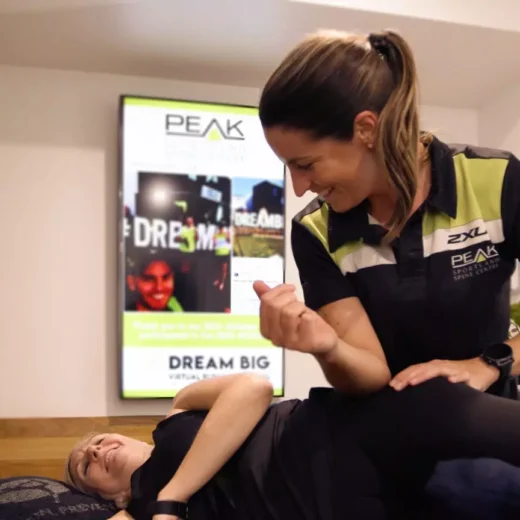
And the role Physiotherapy can play in managing it. Joint hypermobility is a very common presentation that our clinicians treat at PEAK and it is...
Read more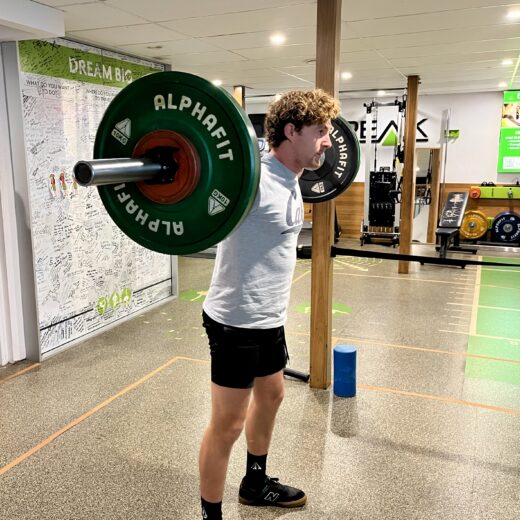
Meet Luke, a PEAK athlete with a story we have all heard before – lower back pain that leaves you completely debilitated for days. Luke...
Read more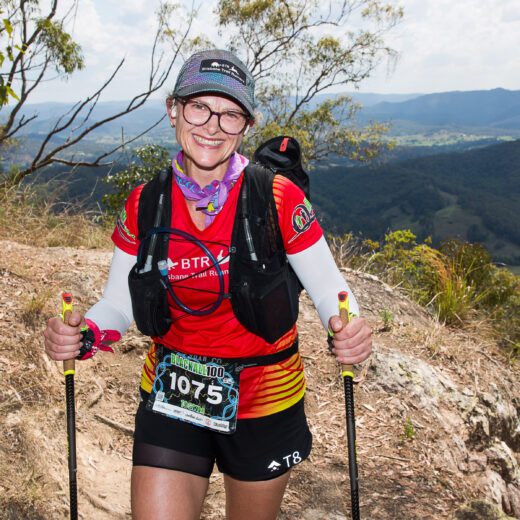
Conquering the Blackall 100km In the world of endurance sports, the journey of an athlete is often as inspiring as the race itself. One athlete...
Read more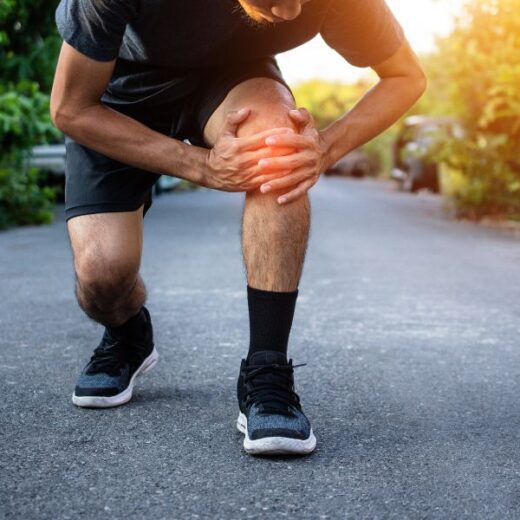
Keen on Getting into Running in the New Year? Let’s Do It Without the Pesky Knee Pain! The new year is here, and with it...
Read more
Embracing Growth, Fitness, and Self-Defense When most people think of martial arts, they often picture kids in uniforms or action movie stars in fight scenes....
Read more
2024 Room Nomination Winners Meet Krystle and Joe, who in 2024 made PEAK history winning a joint room nomination! At PEAK we have an annual...
Read moreNot exactly what you're looking for?
View all articles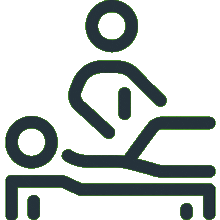
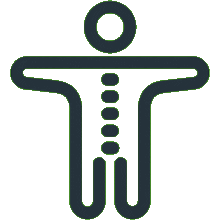
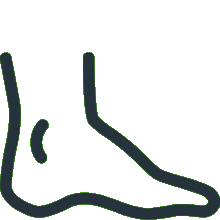
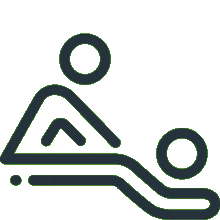

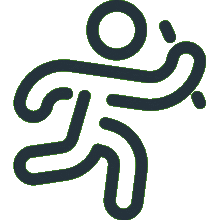

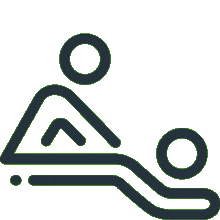
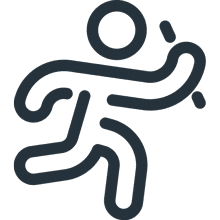

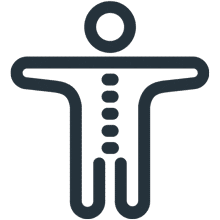
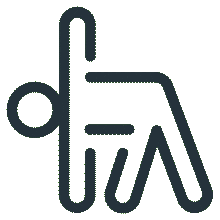

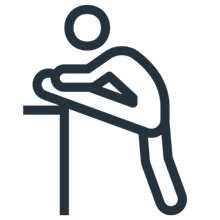




Can't find what you're after?
View all ServicesOr email the PEAK team at info@peakssc.com.au
To make a booking outside of business hours, please use our form by clicking here.
To make a booking outside of business hours, please use our form by clicking here.